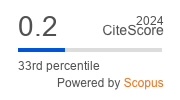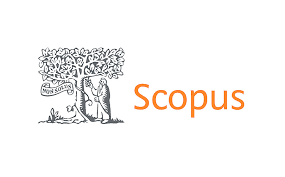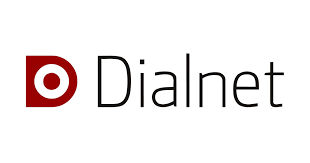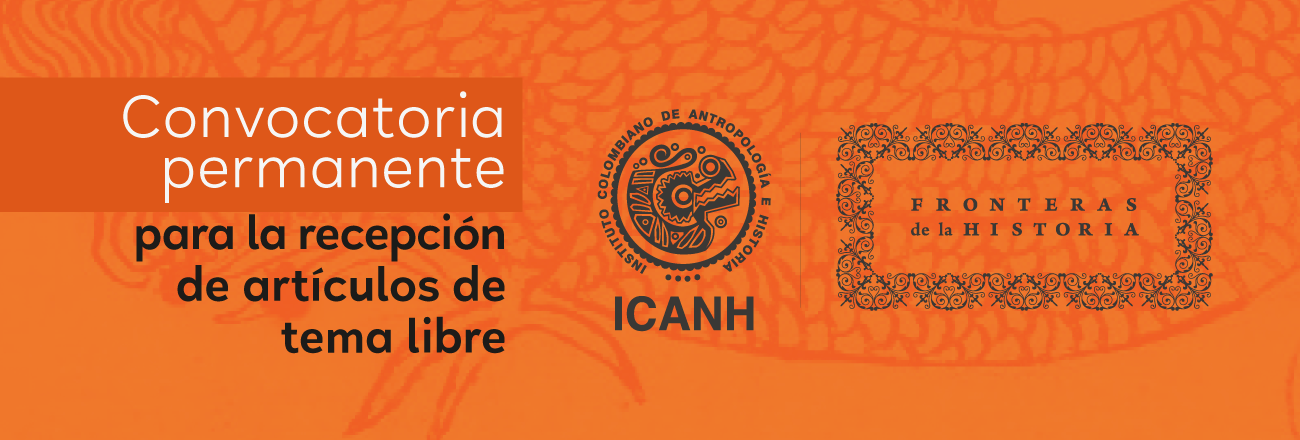Avant-garde pedagogies and innovative educational practices: democracy as a gateway to pedagogical renewal in Brazil
Abstract
This study aims to present and analyze counter-hegemonic educational innovations in higher education in health in Brazil, based on two central axes: the first refers to the innovative and revolutionary role of the Brazilian Health Reform Movement (MRSB) in the process of democratization of the country and renewal of the health system, and the second, the contributions of active methodologies in pedagogical renewal and cutting-edge educational innovation. In the last two decades of the 20th century, the role of the university professor was strongly impacted by changes in the social, technological and didactic plans, which boosted the use of active methodologies, associated with the fact that they promote better academic results for students, by instigating meaningful, collaborative and participatory learning. In the context of innovation and curricular renewal in higher education in health, active methods focused on problem-based learning and those that emphasize the cognitive dimension of competency-based learning gain prominence. These active methods are potentially important, as they stimulate students' understanding of the content and the ability to formulate and ask meaningful questions, thus contributing to individuals having a better understanding of the learning principles that can help them become autonomous, critical and reflective.
Downloads
References
Ausubel, D. P., J. D. Novak e H. Hanesian (1980): Psicologia educacional, 2. ed., Rio de Janeiro, Interamericana.
Anderson, L. W. et al. (2001): A taxonomy for learning, teaching and assessing: a revision of Bloom’s Taxonomy of Educational Objectives, Nova York, Addison Wesley Longman.
Berbel, N. N. (1998): «Problematization and Problem-Based Learning: different words or different ways?», Interface – Comunicação, Saúde, Educação, 2 (2).
Bergmann, J. (2018): Aprendizagem invertida para resolver o problema do dever de casa, Porto Alegre, Penso.
Bloom, B. S. et al. (1956): Taxonomy of educational objectives, New York, David McKay.
Boud, D., R. Cohen e D. Walker (2011): El aprendizaje a partir de la experiencia – Interpretar lo vital y cotidiano como fuente de conocimiento, Madrid, Narcea.
Bordenave, J. D. e A. M. Pereira (2005): Estratégias de ensino-aprendizagem, 26. ed., Petrópolis, RJ, Vozes.
Borochovicius, E. e E. C. M. Tassoni (2021): «Aprendizagem baseada em problemas: uma experiência no ensino fundamental», Educação em Revista, 37.
Bransford, J. D., A. L. Brown e R. R. Cocking (2000): How people learn: brain, mind, experience, and school, Expanded ed., National Research Council.
Brasil. ABEM – Associação Brasileira de Educação Médica (2024): Proposta da ABEM para as Diretrizes Curriculares Nacionais dos cursos de medicina, Brasília.
Brasil. Ministério da Educação e Cultura. Gabinete do Ministro (2024): Parecer homologado Despacho do Ministro, publicado no D.O.U. de 27/5/2024, Seção 1, p. 49.
Brasil. Conselho Nacional de Saúde (2017): Resolução nº 569 de 8 de dezembro de 2017.
Brasil. Inep (2014): Portaria Inep nº 255, de 02 de junho de 2014.
Bruner, J. S. (1959): «Learning and thinking», Harvard Educational Review, 29, pp. 184-192.
Campos, F. E., S. L. Brenelli, L. C. Lobo e A. E. Haddad (2009): «O SUS como Escola: a responsabilidade social com a atenção à saúde da população e com a aprendizagem dos futuros profissionais de saúde», Revista Brasileira de Educação Médica, 33 (4), pp. 513-514.
Carvalho Jr., P. M. (2002): Modelo de uso da tecnologia de informação no suporte ao processo de ensino-aprendizagem baseado em problemas no curso médico: desenvolvimento e avaliação, Campinas, Universidade de Campinas - UNICAMP.
Carvalho, P. M. J. e V. C. L. Carvalho (2023): «Aprendizagem Baseada em Problemas – PBL», em R. M. M. Cotta, org., Métodos ativos de ensino, aprendizagem e avaliação: da teoria à prática, Viçosa, Ed. UFV, pp. 260-279.
Cotta, R. M. M. et al. (2013): Políticas de Saúde: desenhos, modelos e paradigmas, Viçosa, Editora UFV/ABRASCO.
Cotta, R. M. M. et al. (2015): «O Mapa Conceitual como ferramenta de ensino e aprendizagem significativa sobre o Sistema Único de Saúde», Journal of Management e Primary Health Care, 6 (2), pp. 264-281.
Cotta, R. M. M. (2019): «Mapas conceituais e aula invertida: benefícios para o processo de ensino e aprendizagem sobre as políticas de saúde», Revista de Investigación Educativa Universitaria, 2 (1), pp. 22-32.
Cotta, R. M. M. (2023): «Mapa conceitual: características, objetivos e benefícios cognitivos», em R. M. M. Cotta, org., Métodos ativos de ensino, aprendizagem e avaliação: da teoria à prática, Viçosa, Ed. UFV, pp. 183-211.
Cotta, R. M. M. (2023): «Problematização com método», em R. M. M. Cotta, org., Métodos ativos de ensino, aprendizagem e avaliação: da teoria à prática, Viçosa, Ed. UFV, pp. 234-259.
Cotta, R. M. M. (org.) (2023): Métodos Ativos de ensino, aprendizagem e avaliação: da teoria à prática, Viçosa, Editora UFV.
Ferraz, A. P. C. M. e R. V. Belhot (2010): «Taxonomia de Bloom: revisão teórica e apresentação das adequações do instrumento para definição de objetivos instrucionais», Gestão da Produção, 17 (2), pp. 421-431.
Freire, P. (1996): Pedagogia da autonomia: saberes necessários à prática educativa, São Paulo, Paz e Terra.
Kinchin, I. M. (2014): «Concept mapping as a learning tool in higher education: a critical analysis of recent reviews», The Journal of Continuing Higher Education, 62 (1), pp. 39-49.
Kubrusly, M. (2024): «Self-efficacy of medical students in a hybrid curriculum course (traditional and problem-based learning) and associated factors», BMC Medical Education, 24 (9).
Lima, V. V. (2017): «Espiral construtivista: uma metodologia ativa de ensino-aprendizagem», Interface Botucatu, 21 (61), pp. 421-434.
Maduabuchi, R. O. e E. Anowai (2018): «John Dewey’s Instrumentalism and Techno-Scientific Development: Its Implications to Man and Society», Open Journal of Philosophy, 8, pp. 549-556.
Mesa, M. T. C., coord. (2024): Metodologías emergentes en Educación Superior, Barcelona, Ediciones Octaedro.
Morse, D. e F. Jutras (2008): «Implementing concept-based learning in a large undergraduate classroom», CBE Life Sci. Educ., 7 (2), pp. 243-253.
Noguero, F. L. (2007): Metodologías participativas en la enseñanza universitaria, 2. ed., Madrid, Narcea SA Ediciones.
Novak, J. D. e A. J. Cañas (2010): «The theory underlying concept maps and how to construct and use them», Práxis Educativa, 5 (1), pp. 9-21.
Rodrigues, C. S., J. F. Spinasse e D. S. R. Vosgerau (2015): «Sala de aula invertida – uma revisão sistemática», em Congresso Nacional de Educação – EDUCERE, 12, pp. 39283-39295.
Seoane, M. B. e N. S. Gil (2023): «Prácticas Educativas de Renovación Pedagógica en la Actualidad: Una Perspectiva Crítica», REICE. Revista Iberoamericana sobre Calidad, Eficacia y Cambio en Educación, 21 (2), pp. 5-8.
Copyright (c) 2025 Rosangela Minardi Mitre Cotta, Emily de Souza Ferreira , Magno Marcio de Lima Pontes

This work is licensed under a Creative Commons Attribution-NonCommercial-ShareAlike 4.0 International License.

Esta obra está bajo licencia internacional Creative Commons Reconocimiento-NoComercial-CompartirIgual 4.0.









_18.09_.00_1.png)


















